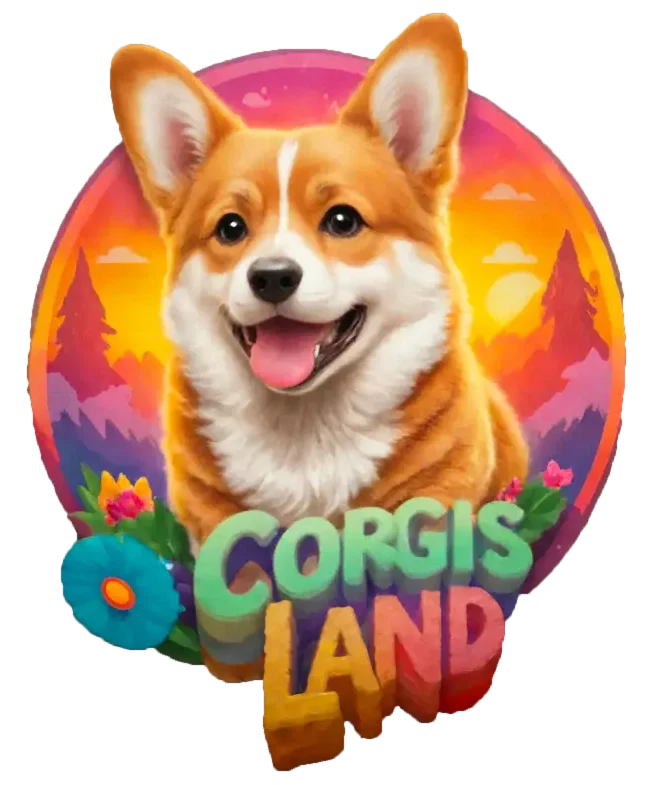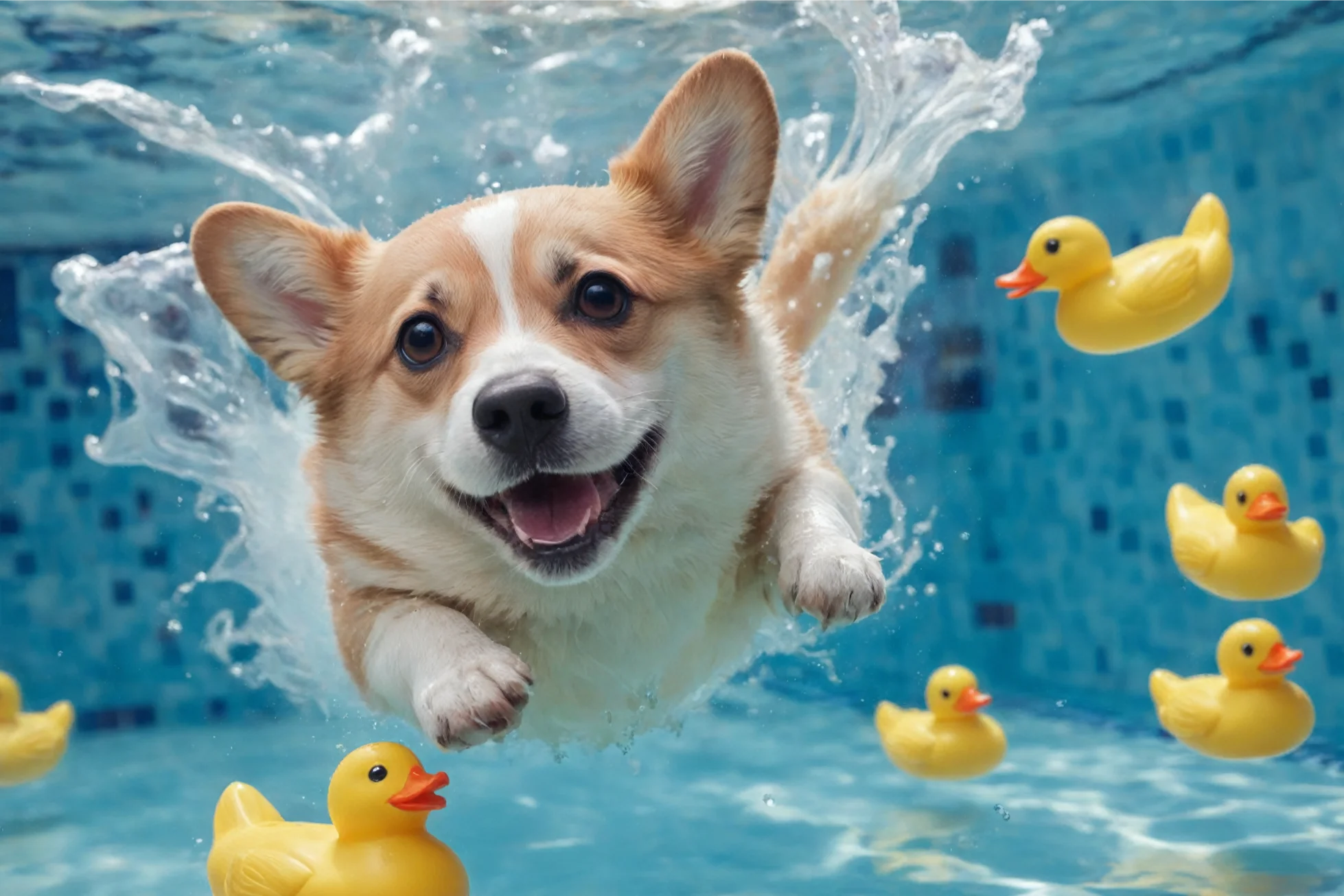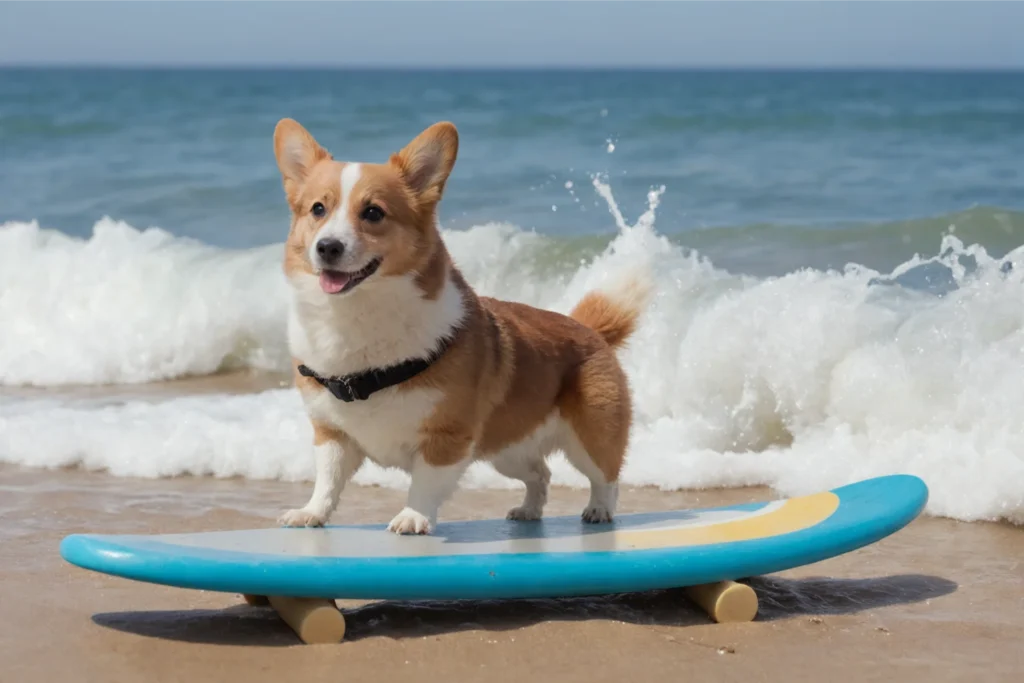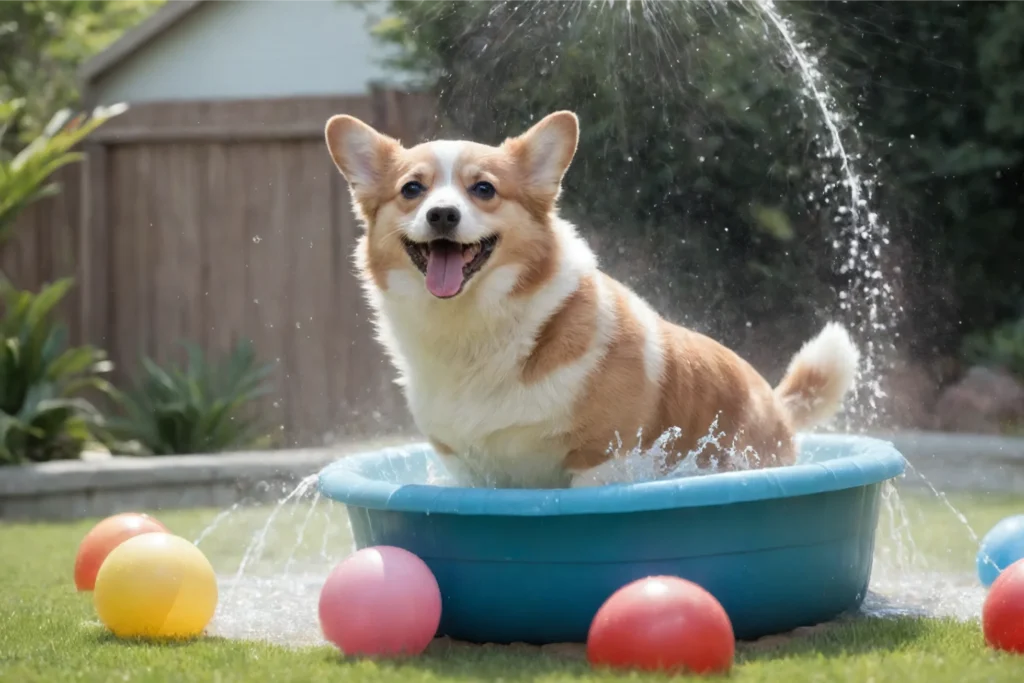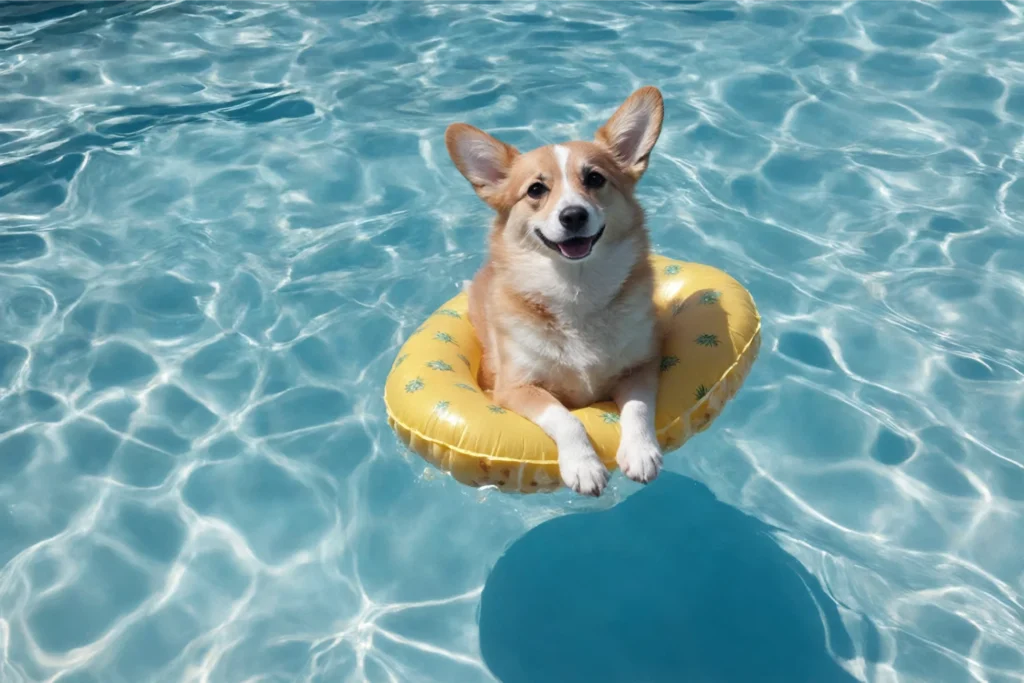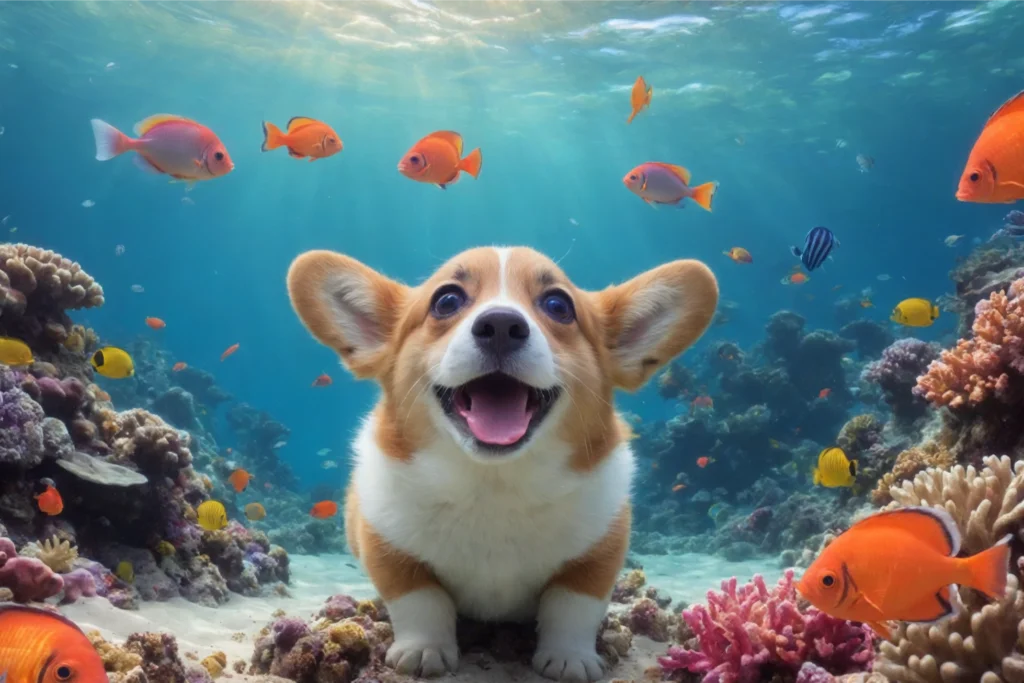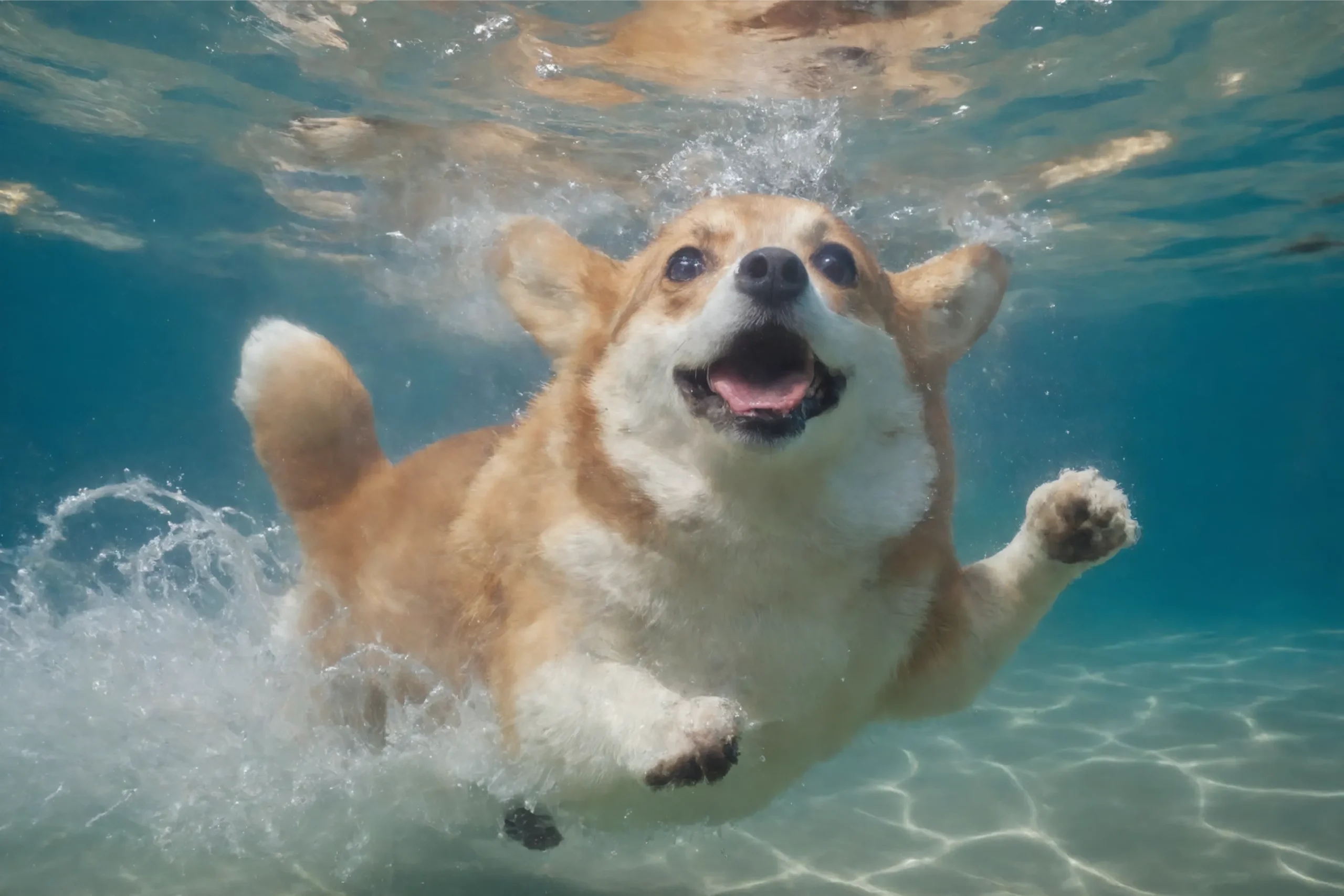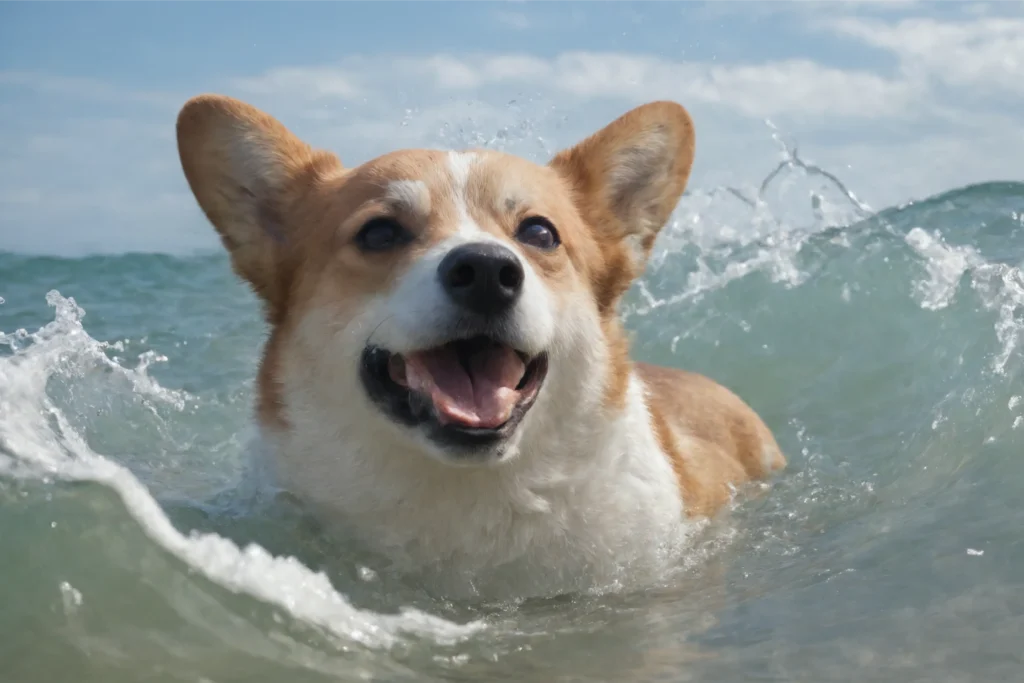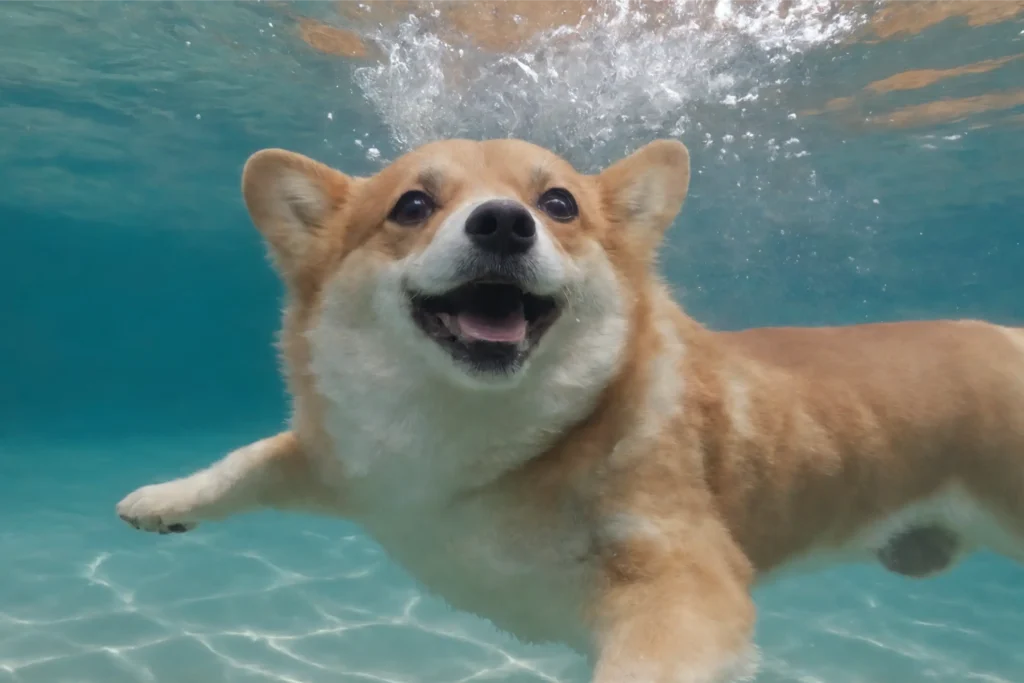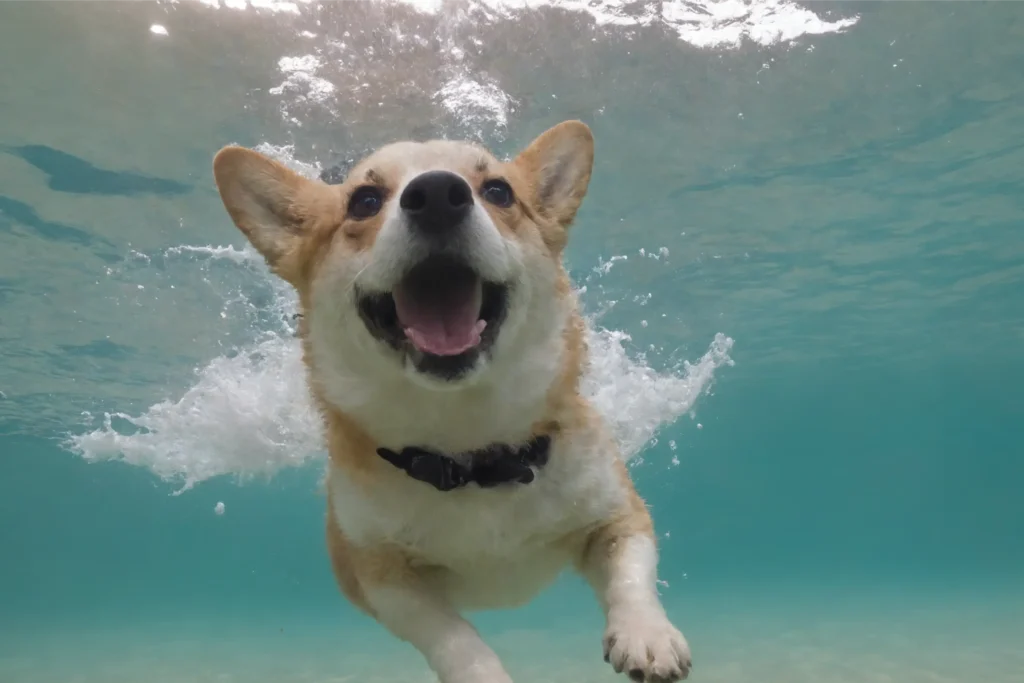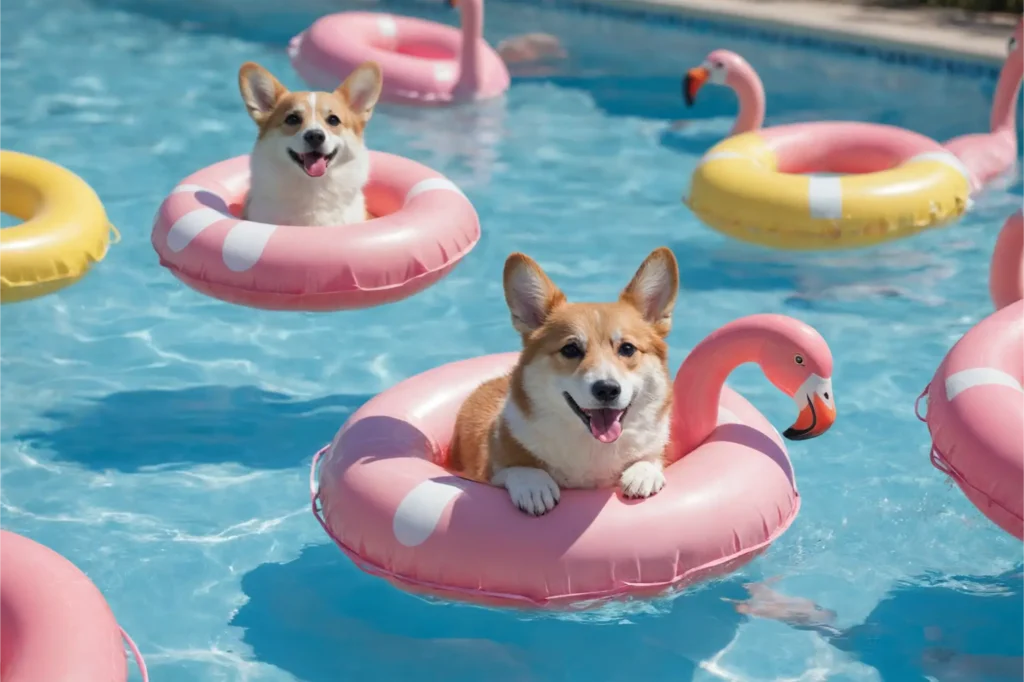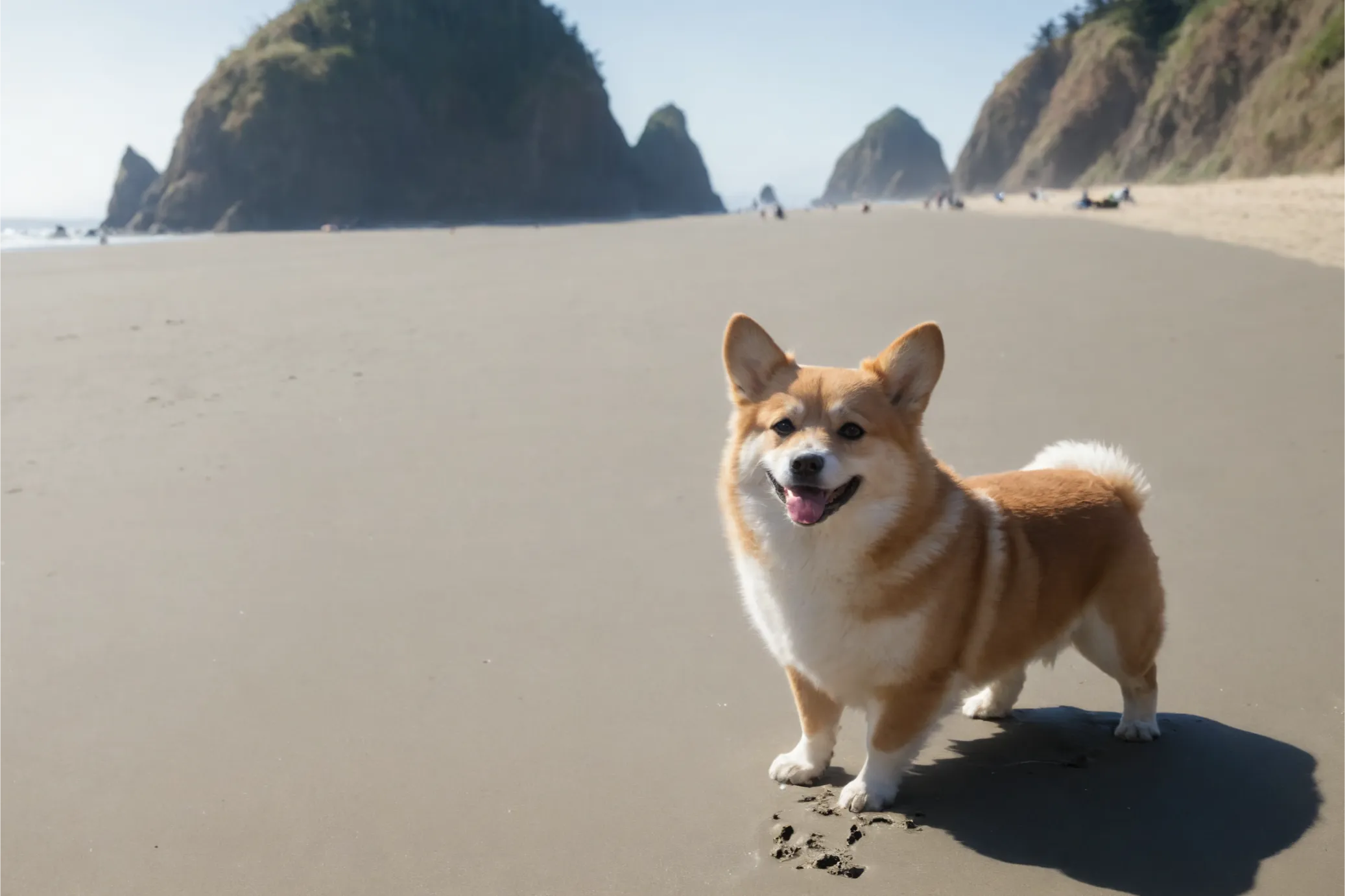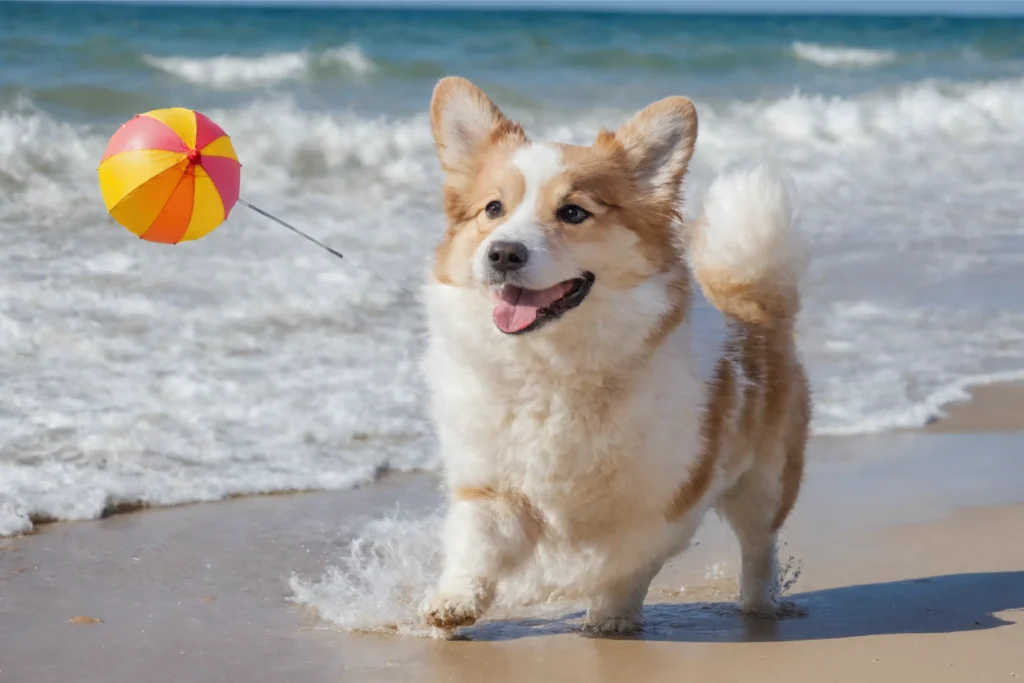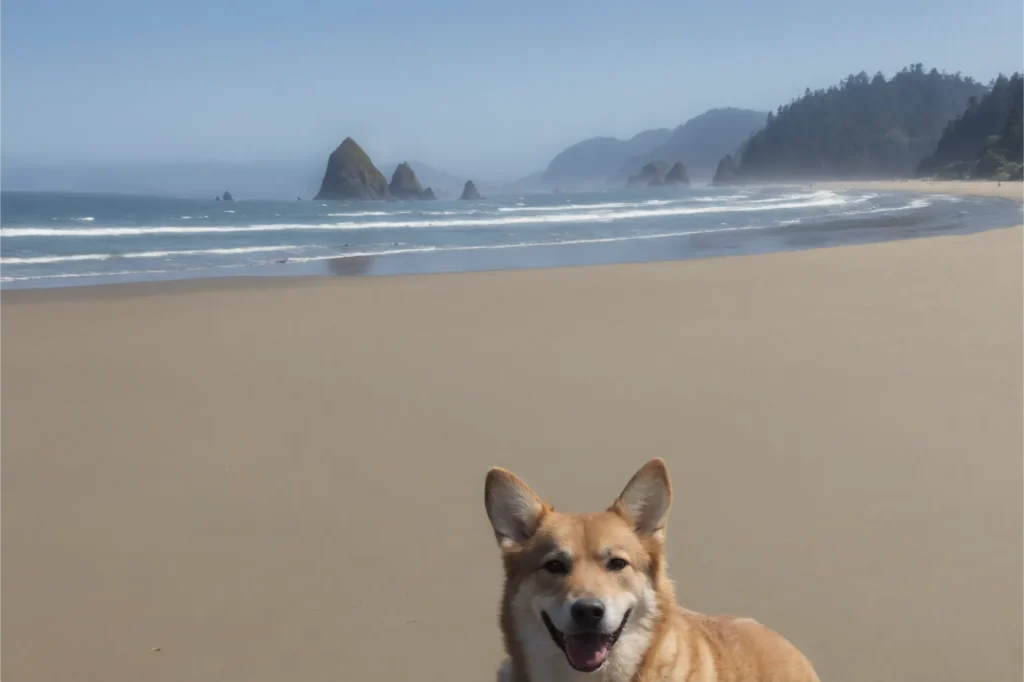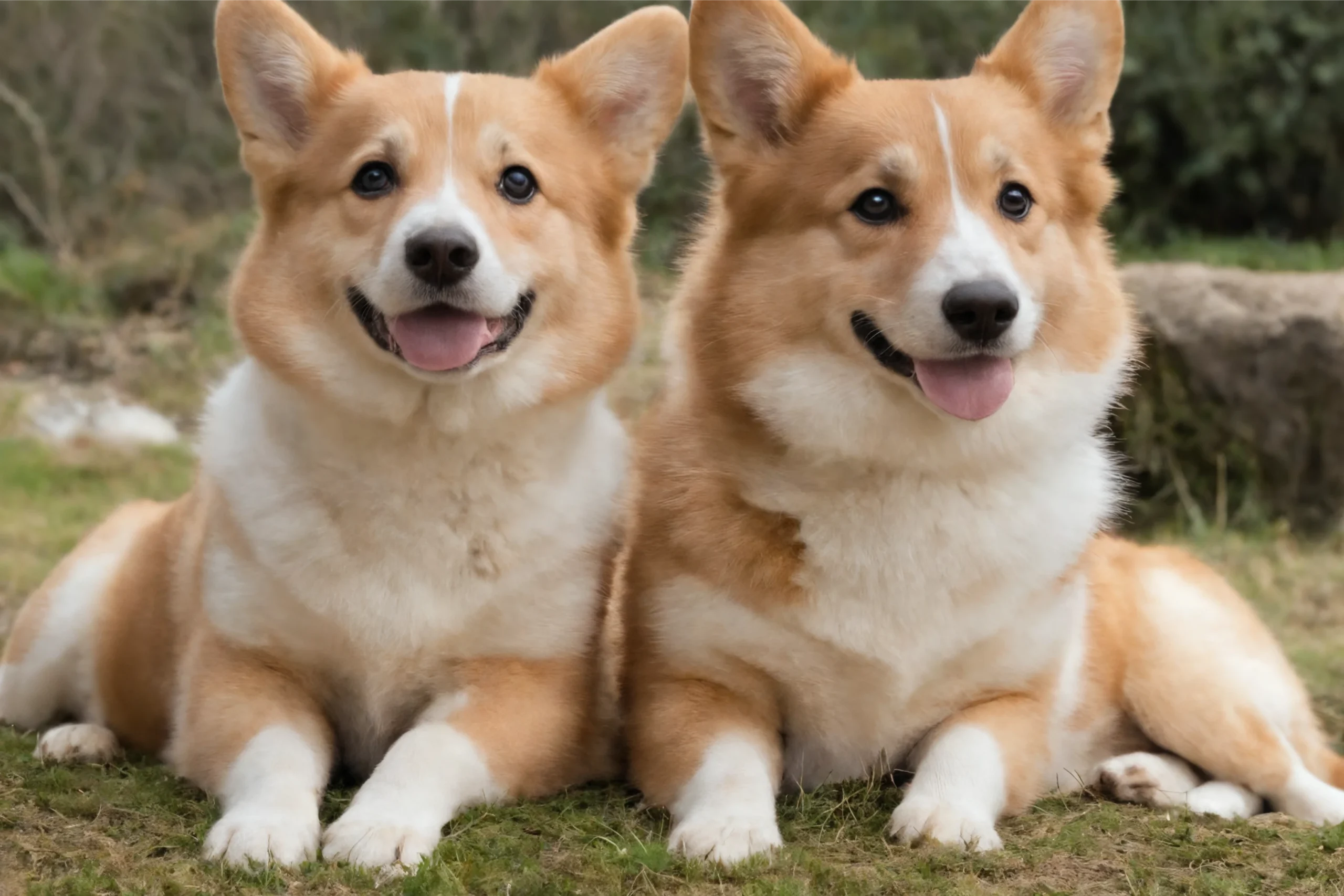Have you ever heard of a corgi with long legs? These unique corgis possess an intriguing physical feature that sets them apart from their counterparts. In this article, we will take you on a journey to explore the extraordinary world of the corgi with long legs.
These long-legged corgis have become a fascination for many, with their charming appearance and distinctive characteristics. We will delve into the details of their elongated legs, their distinctive traits, and what makes them different from the standard corgi breed.
If you’ve ever considered owning a corgi with long legs or simply want to learn more about this rare variation of the breed, you’ve come to the right place. We will explore the availability of long-legged corgis, including where you can find them for sale and the breeders who specialize in this mesmerizing variation.
So, get ready to step into the enchanting world of corgis with long legs. Discover their unique charm, uncover the myths and facts surrounding this breed, and learn about their health and genetic traits. Join us as we explore the history, variations, and remarkable stories of these fascinating corgis with extended legs.
The Enigmatic Corgi With Long Legs: An Introduction
In this section, we will provide you with an overview of this unique variation of the beloved corgi breed: corgi with long legs!. So, let’s dive in and explore what sets the long-legged corgis apart from their typical counterparts.
Appearance:
The corgi with long legs possesses a distinctive physical feature that sets them apart from the typical corgi. As the name suggests, these corgis have elongated legs, giving them a taller and more slender appearance. Despite their longer legs, they retain the iconic attributes of corgis, with their sturdy build and adorable face.
Size:
The long-legged corgis are generally slightly larger than the standard corgis. While the traditional corgis are known for their compact and low-to-the-ground stature, the long-legged variant exhibits a more graceful and elegant physique, making them stand out in a crowd.
Temperament:
The corgi breed, including the long-legged corgis, is known for its friendly and intelligent nature. They are incredibly loyal, affectionate, and make wonderful companions. Long-legged corgis inherited the same playful and spirited personality as their shorter-legged counterparts, making them a joy to be around.
Origins and Popularity:
The long-legged corgi is not an officially recognized breed variation but has gained popularity among dog enthusiasts around the world. While there isn’t a specific historical origin for this variant, it is believed to have emerged through natural genetic variations or selective breeding practices. Regardless of their origin, long-legged corgis have captured the hearts of many due to their unique appearance and charming personalities.
Now that we have introduced you to the world of the corgi with long legs, let’s continue our journey to unravel the myths surrounding this fascinating breed variation in the next section.
Unraveling the Myths: Corgi Breed Insights
A Royal Favorite: The Pembroke Welsh Corgi
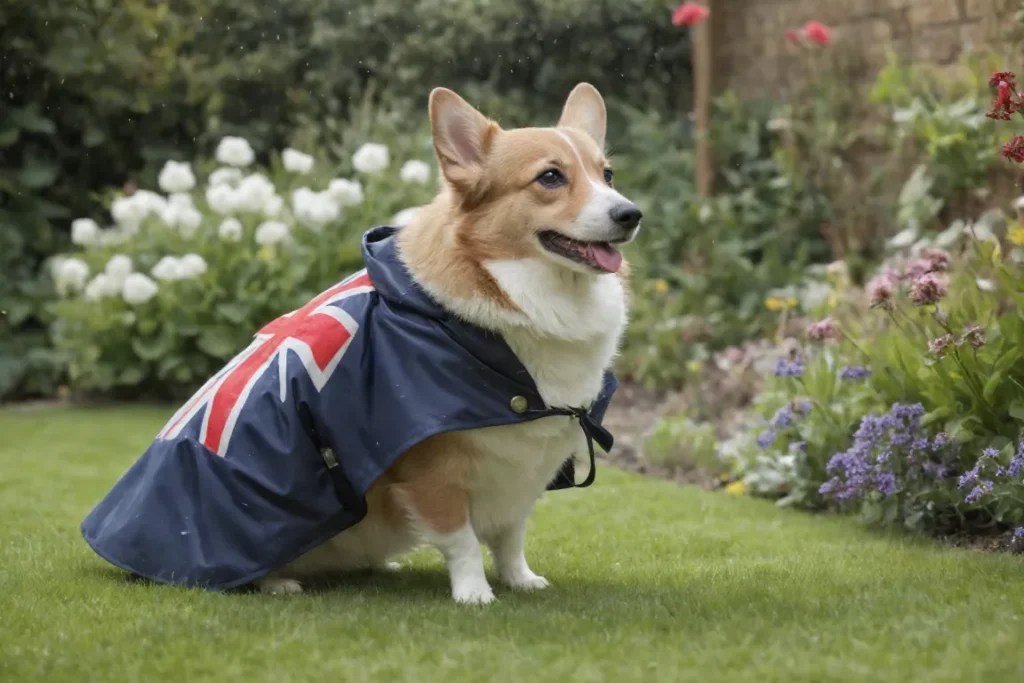
The Pembroke Welsh Corgi, known for its adorable appearance and long legs, holds a special place in the hearts of dog lovers around the world. This breed, often associated with the British Royal Family, has captured the attention of many with its unmistakable charm and delightful personality.
With a rich history dating back centuries, the Pembroke Welsh Corgi has been a beloved companion to various royal figures, including Queen Elizabeth II. Known for their intelligence, loyalty, and playful nature, these long-legged corgis have become synonymous with regal elegance and endearing companionship.
Understanding Breed Popularity and Companion Potential
The popularity of corgis, especially those with long legs, continues to rise with each passing year. Thanks to their adorable appearance and unique traits, more and more people are choosing them as their beloved companions.
Corgis, including the long-legged variety, are known for their friendly and sociable nature, making them excellent family pets. Their small size, coupled with their big personalities, makes them adaptable to various living situations, from apartments to larger homes. In addition, corgis are highly trainable and eager to please, making them a joy to have as companions.
| Reasons behind Corgi’s Popularity | Potential as a Companion Pet |
|---|---|
| Adorable appearance | Perfect size for families |
| Distinctive long legs | Sociable and friendly nature |
| Regal association | Highly trainable and obedient |
| Playful and energetic personality | Eager to please and quick learners |
Exploring Health and Genetics in Long-Legged Corgis
These unique corgis, known for their elongated legs, may face certain health issues that are important to understand as potential owners. Additionally, we will explore the fascinating genetics behind the long-legged trait in corgis, shedding light on how this characteristic is inherited.
Common Health Issues Faced by Corgis
Like any other breed, corgis, including those with long legs, can be prone to certain health problems. It’s essential to be aware of these potential issues to ensure the well-being of your long-legged corgi. Some common health problems in corgis include:
- Orthopedic conditions: Corgis with long legs may be more susceptible to orthopedic issues such as hip dysplasia or luxating patella. These conditions can cause discomfort and mobility issues.
- Weight management: Corgis have a tendency to gain weight, which can put strain on their joints. It’s crucial to maintain a balanced diet and provide regular exercise to prevent obesity-related health problems.
- Eye issues: Certain eye conditions, including progressive retinal atrophy and cataracts, can affect corgis. Regular check-ups with a veterinarian can help detect and manage these issues.
- Degenerative myelopathy: This progressive neurological disease can impact the spinal cord and lead to mobility issues in corgis. Genetic testing can help identify dogs at risk.
It’s important to note that not all long-legged corgis will develop these health issues. Regular veterinary care, a nutritious diet, and proper exercise can greatly reduce the risk of these conditions.
The Genetics Behind the Long Legs

The long-legged trait in corgis is an intriguing genetic characteristic. While the standard corgi breed has shorter legs, the long-legged variation is believed to be influenced by certain genetic factors. These factors involve selective breeding and the introduction of genetics from other breeds to achieve the desired leg length.
Though the exact genetic mechanisms are still being studied, it is thought that corgis with long legs inherit the trait through specific gene combinations. Breeders who specialize in long-legged corgis carefully select parent dogs with the desired leg length to produce offspring with this unique characteristic.
While the long-legged trait adds an interesting aspect to the corgi breed, it’s important for breeders and owners to prioritize the health and well-being of these dogs along with their physical appearance. Responsible breeding practices aim to minimize the risk of associated health problems while preserving the long-legged characteristic.
Corgi with Long Legs: Breed Variations and History
Now take a closer look at the various breed variations and the historical background of corgis with long legs. We will explore how different breeding practices and influences have led to the development of corgis with extended leg length.
Over the years, corgis with long legs have gained recognition for their unique physical feature. While the most commonly known corgi breed with long legs is the Pembroke Welsh Corgi, there are other variations that exhibit this trait as well. These variations have emerged due to specific breeding practices aimed at enhancing the leg length in corgis.
The history of long-legged corgis can be traced back to their origins in Wales, where they were initially developed as herding dogs. While the exact breeding practices that led to the long-legged variation are not well-documented, it is believed that a combination of crossbreeding with other herding dog breeds and selective breeding for certain physical traits played a role in the development of the long-legged corgi.
Over time, corgi enthusiasts and breeders recognized the distinctiveness of corgis with long legs and embraced them as a unique variation within the corgi breed. Today, there are breeders who specialize in producing long-legged corgis, ensuring the continuation of this fascinating breed variation.
| Breed Variation | Description |
|---|---|
| Pembroke Welsh Corgi | The most well-known variation with long legs, known for their energetic temperament and loyalty. |
| Cardigan Welsh Corgi | While not as commonly associated with long legs, some Cardigan Welsh Corgis can exhibit this variation. |
| Other Corgi Mixes | Through crossbreeding with other dog breeds, corgis with long legs can also be found in various corgi mix breeds. |
It is essential to note that while long-legged corgis share a physical characteristic, their other traits, such as temperament and health, can vary within the breed. Potential owners should conduct thorough research and seek reputable breeders who prioritize the overall well-being and standard characteristics of the corgi breed.
By understanding the breed variations and historical background of long-legged corgis, we can appreciate the diversity within this beloved breed and celebrate the unique qualities that make each corgi special.
Famous Long-Legged Corgis and Their Stories
Let’s dive into the fascinating tales of famous long-legged corgis that have captured our hearts and imaginations. These remarkable canines have made a lasting impact and left an indelible mark on the world of dogs.
The Tale of the Unexpected Mix Breed
One of the intriguing aspects of long-legged corgis is the unexpected mix of breeds that has led to their unique appearance and characteristics. While the Pembroke Welsh Corgi is the most well-known corgi breed, the long-legged variation often results from crossbreeding with taller dog breeds. This mix of genetics brings about the elongated legs that set them apart.
“These long-legged corgis showcase the beauty and unpredictability of nature’s genetic diversity.”
The mix breed long-legged corgis offer a fascinating blend of traits from both parent breeds, combining the intelligence, loyalty, and herding instincts of the corgi with the stature and athleticism of the other breed. This unexpected combination results in a one-of-a-kind companion with a unique set of skills.
Influence of Pop Culture on Corgi Perception

Corgis, including the long-legged ones, have undoubtedly gained immense popularity in pop culture. From their appearances in films and television shows to their presence on social media, these charming canines have captured the attention of millions around the world.
With their adorable faces, playful personalities, and distinctive physique, corgis have become beloved symbols of cuteness and companionship. Their long-legged counterparts bring an extra element of uniqueness and make for even more captivating characters.
The influence of pop culture cannot be underestimated when it comes to shaping our perception and understanding of corgis, including the long-legged variety. These famous canine personalities have helped promote corgis as sought-after pets and have paved the way for increased interest in the breed.
Whether it’s through viral videos on social media, appearances in movies, or the cuddly companions of famous celebrities, corgis with long legs have become iconic figures in the realm of pop culture.
Join us as we celebrate these famous long-legged corgis and explore their incredible stories, showcasing the impact they have made in the world of dogs and beyond.
Conclusion
In conclusion, the world of corgis with long legs offers a fascinating and unique variation within the corgi breed. These long-legged corgis have garnered attention for their distinct physical characteristics that set them apart from their typical counterparts.
Throughout our exploration, we have discovered that corgis with long legs possess a different appearance, size, and temperament compared to other corgi breeds. They have become beloved companions for many dog enthusiasts, thanks to their charming personalities and playful nature.
Furthermore, our investigation into the health and genetics of long-legged corgis has shed light on the common health issues they may face and the genetic factors that contribute to their extended legs. Understanding these aspects is crucial for potential owners, allowing them to provide the necessary care and support for their long-legged corgi companions.
Overall, corgis with long legs have become an intriguing and cherished addition to the corgi breed. Their unique characteristics, combined with their historical background and the influence of pop culture, have propelled them into the spotlight. Whether you are a long-time corgi enthusiast or someone discovering this breed for the first time, the world of corgis with long legs is sure to captivate and charm you.
FAQ
What is a corgi with long legs?
A corgi with long legs is a variation of the beloved corgi breed that has an elongated leg length. This unique physical feature sets them apart from the typical corgi and adds to their charm.
How does a corgi with long legs differ from a regular corgi?
The main difference between a corgi with long legs and a regular corgi is their leg length. Long-legged corgis have extended legs, giving them a distinct appearance and making them taller than their counterparts. However, they still possess the adorable face and other characteristics that make corgis so beloved.
Are long-legged corgis available for sale?
Yes, long-legged corgis are available for sale. However, it’s important to find a reputable breeder who specializes in this rare variation to ensure the health and well-being of the puppy. Conduct thorough research and ask for recommendations to find a reliable source.
Are there breeders who specifically focus on long-legged corgis?
Yes, there are breeders who specialize in long-legged corgis. These experienced breeders have dedicated their efforts to producing corgis with elongated legs while ensuring the breed’s overall health and temperament. Engage in conversations with reputable breeders to get more information about their breeding practices and their commitment to the breed.
What are the characteristics of corgis with long legs?
Corgis with long legs share many characteristics with their regular-sized counterparts. They are known for their friendly and affectionate nature, high intelligence, and energetic disposition. However, their elongated legs give them a taller and more slender appearance compared to typical corgis.
How did the corgi with long legs gain popularity?
The corgi with long legs gained popularity as a result of its unique physical feature. Dog enthusiasts found the elongated leg length to be a fascinating variation of the beloved corgi breed, leading to increased interest and demand for these adorable long-legged pups.
